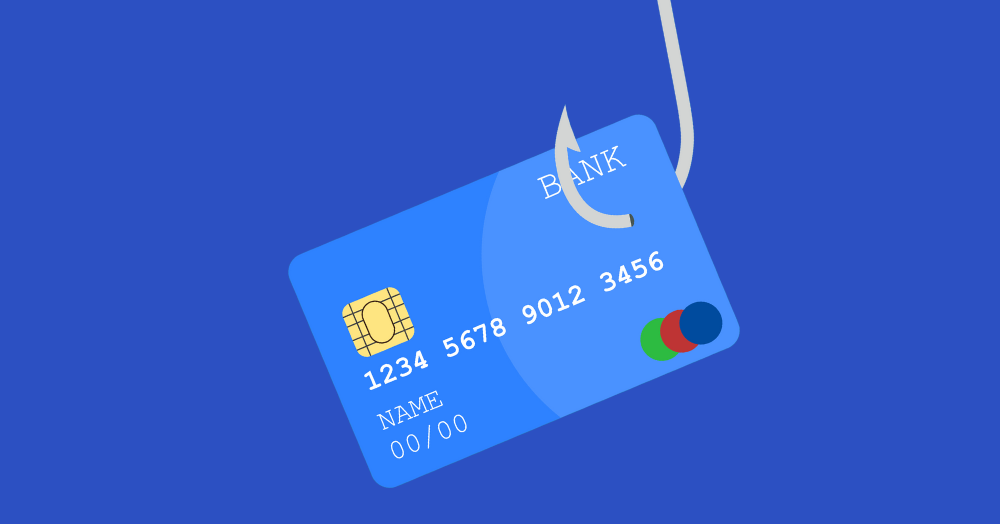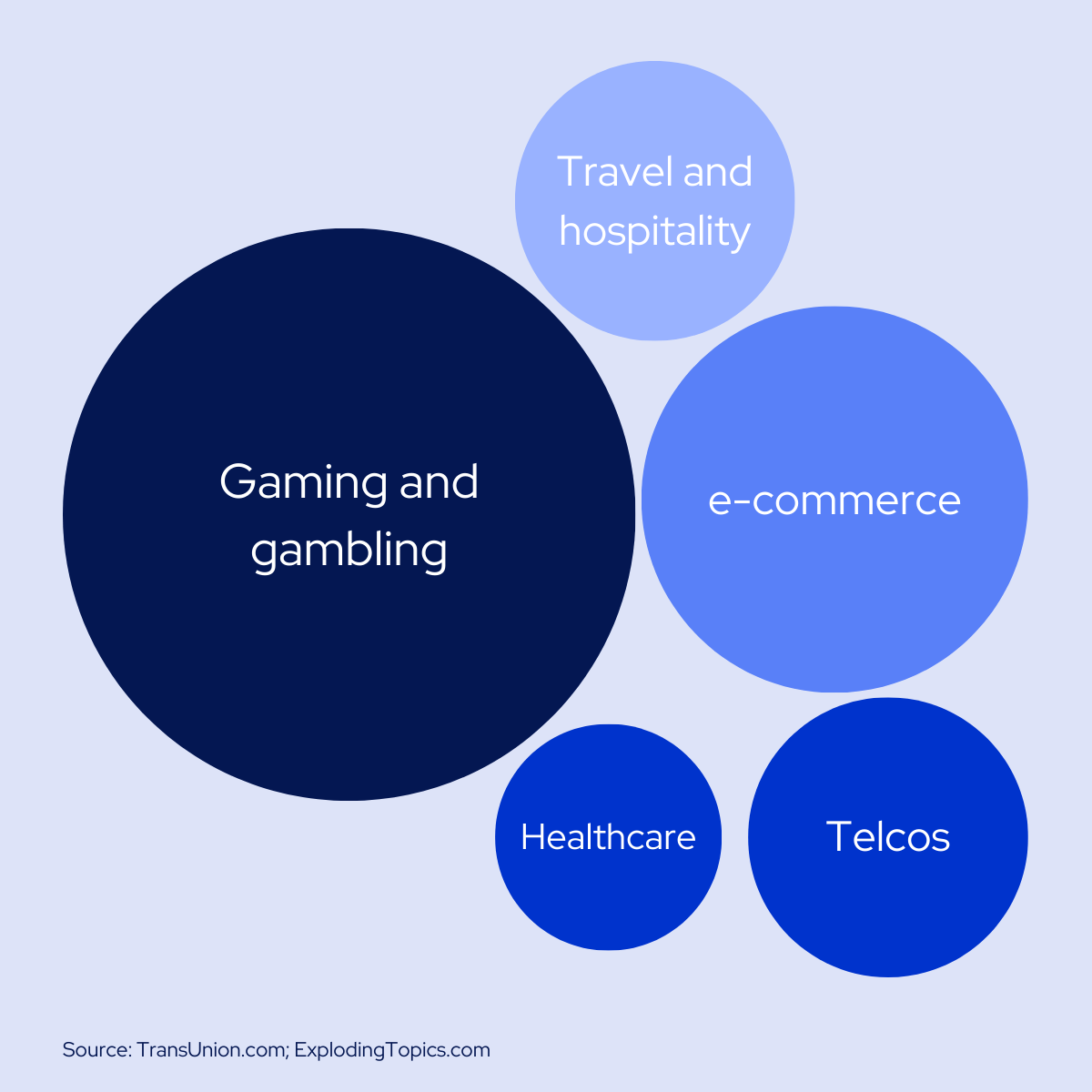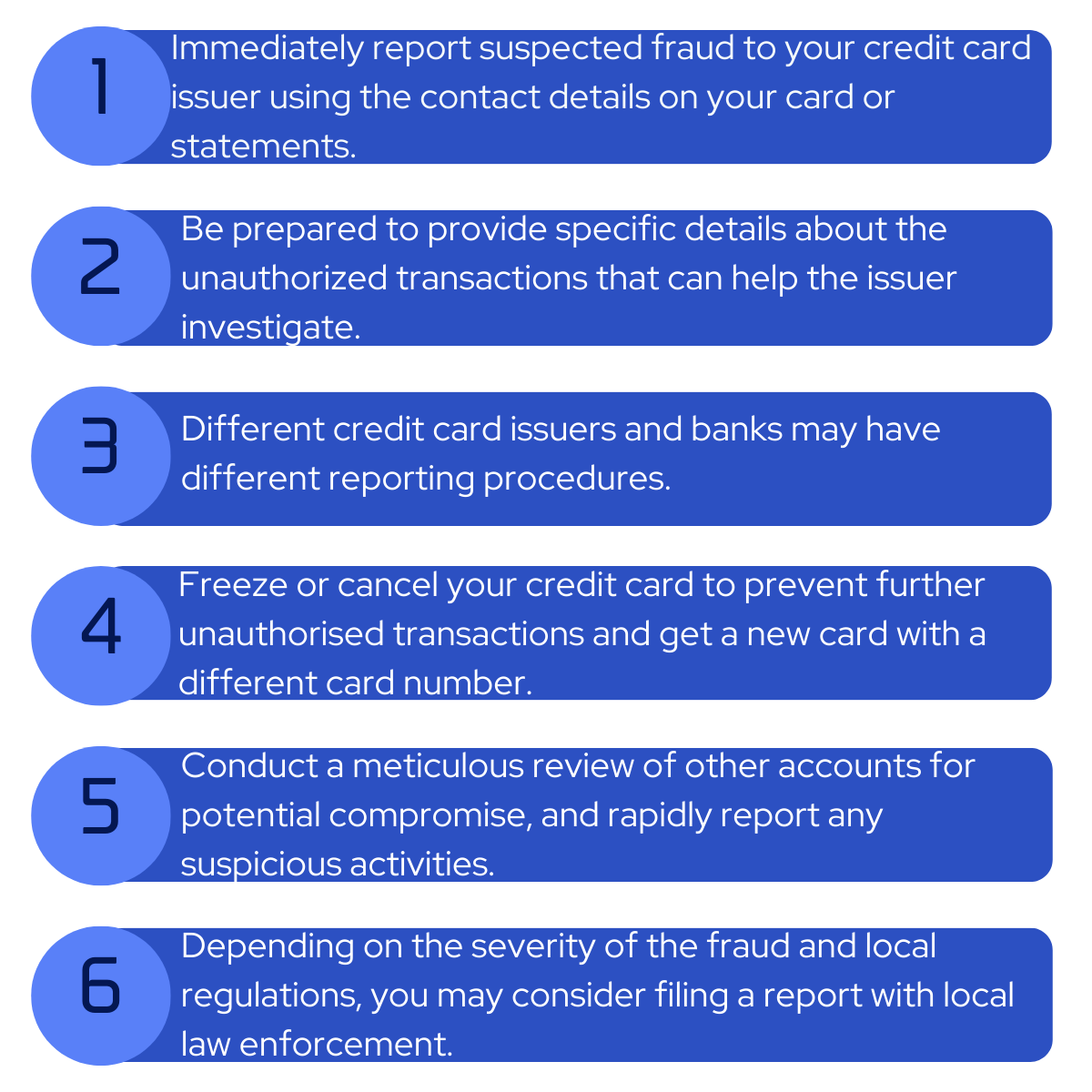What is credit card fraud prevention?
What strategies can businesses adopt, to combat credit card fraud? This article sheds light on the various forms of fraud and identifies the high-risk industries. It offers a concise plan for e-commerce fraud prevention and outlines clear steps for effective fraud reporting, guiding businesses through these evolving digital threats.
What is credit card fraud?
Credit card fraud occurs when an unauthorized person gains access to your information and uses it to make purchases. The goal is to exploit someone else’s credit for mischievous purposes, leading to financial loss for the cardholder or the issuing institution.
Navigating the rising tide of global credit card fraud
As global losses from credit card fraud continue to surge, businesses worldwide find themselves in an escalating battle against increasingly sophisticated fraudsters. Recent research underscores the severity of the issue, revealing that payment fraud has more than tripled since 2011, and projections estimate it to reach a staggering $40.63 billion by 2027.
Despite this concerning global context, a glimmer of optimism emerges from Europe. In 2021, credit card fraud in the region experienced a valuable decline, reaching its lowest level of 0.028% since data collection began in 2008, according to the European Central Bank. However, this positive trend doesn’t grant businesses a respite. While Europe showcases a reduction in credit card fraud, merchants must keep their guard up.

Types of credit card fraud & how to protect yourself from it
Credit card fraud manifests itself in various ways. Let’s have a look at the most common types, along with their unique challenges and prevention strategies.
Identity theft
Identity theft involves fraudsters obtaining and using someone’s personal information to open new credit accounts or make unauthorized transactions. Prevention involves protecting personal information, using secure online platforms, and monitoring accounts for unusual activity. Regularly checking your credit report is also useful.
Account takeover
In account takeover, criminals get unauthorized access to a legitimate user’s account, often through hacking or phishing tactics. Once inside, they exploit the credit card account to make purchases. Preventive measures include strong, unique passwords, multi-factor authentication, and educating yourself about phishing scams.
Card skimming
Card skimming involves the installation of discreet devices on card readers, capturing and storing the magnetic stripe information of credit cards used at compromised terminals. To prevent skimming, businesses should regularly inspect card readers for any alterations, use tamper-evident technologies, and implement chip card technology, which is more secure than traditional magnetic stripe cards.
Card-Not-Present (CNP) fraud
CNP fraud occurs in online transactions where a physical card isn’t required. Fraudsters use stolen card information to make fraudulent purchases remotely. Preventive measures include robust authentication methods, address verification systems (AVS), and using secure payment gateways.
Phishing and social engineering
Phishing involves fraudulent attempts to obtain sensitive information, often through deceptive emails or websites. Social engineering instead, manipulates individuals into divulging confidential information. Prevention involves educating individuals to recognize phishing attempts and implementing email filters.
Stolen or lost card
When a physical credit card is lost or stolen, it can be used for unauthorized transactions until reported. Promptly reporting this to the credit card company is crucial. Additionally, you can set up transaction alerts, monitor statements regularly, and use mobile apps for real-time notifications, increasing your overall card security.
Learn more about this topic: Navigating e-commerce fraud blind spots
Which industries face the highest susceptibility to credit card fraud?
Some industries face a higher susceptibility to credit card fraud due to the nature of their operations and the prevalence of electronic transactions. Here are a few sectors that often find themselves more vulnerable:
E-commerce: Online retail businesses are particularly susceptible to credit card fraud due to the anonymous nature of online transactions. The lack of physical card presence and the high volume of transactions make it an attractive target for fraudsters.
Travel and hospitality: The travel and hospitality industry, including hotels, airlines, and rental car services, faces vulnerability due to the frequent use of credit cards for reservations and payments. Fraudsters may exploit the transient nature of these transactions.
Gaming and gambling: Online gaming and gambling platforms involve frequent financial transactions, creating opportunities for credit card fraud. The desire for quick transactions in these industries can sometimes compromise stringent security measures.
Healthcare: The healthcare sector, with its reliance on electronic health records and online payments for services, is a target for credit card fraud. Patient information can be exploited for financial gain.
Telecommunications: Telecommunication companies deal with recurring subscription payments and online transactions, making them vulnerable to credit card fraud. Fraudsters may attempt to exploit billing systems and subscription services.

Other industries that also face high risk of credit card fraud are also businesses that sell digital goods and services, like software, music or online subscriptions, and small businesses, especially those without robust cybersecurity measures.
How to report credit card fraud
Reporting credit card fraud typically involves contacting your credit card issuer or bank as soon as you notice unauthorized or suspicious transactions. We’ve put together a general guide on how to report credit card fraud:

Remember that prompt reporting can truly limit your liability for fraudulent transactions. Reporting processes might vary slightly across countries or providers, so it’s essential to contact your specific credit card issuer or bank for precise on how to deal with your situation. Don’t forget to monitor your accounts regularly to spot unusual activities.
How to prevent credit card fraud as a merchant: best practices
Online businesses are increasingly placing fraud prevention as a priority. This allows them to protect both their financial interests as well as customers’ trust. Let’s have a look at e some best practices online merchants can consider to mitigate the risk of e-commerce fraud:
- Secure payment gateways: Use reputable and secure payment gateways that offer encryption and tokenization. This ensures that sensitive customer data is protected during online transactions.
- Implement Two-Factor Authentication (2FA): Require customers to go through an additional layer of authentication, such as 2FA, before completing a purchase. This adds an extra level of security to the transaction process.
- Address Verification System (AVS): Implement AVS checks to verify that the billing address provided during a transaction matches the one on file with the card issuer. Mismatched addresses can be flagged for further verification.
- Card Verification Value (CVV) checks: Require customers to enter the CVV code from the back of their credit or debit card during transactions. This adds a further layer of authentication because the CVV is not stored on the magnetic stripe.
- Monitor for unusual patterns: Regularly monitor transactions for any unusual patterns, such as multiple large transactions in a short time or purchases from unusual locations. Implementing real-time transaction monitoring systems can help flag suspicious activities.
- Implement fraud detection tools: Employ fraud detection tools that utilise machine learning algorithms and behavioural analysis. These tools can identify patterns indicative of fraudulent activities and provide early warnings.
- Stay informed about fraud trends: Keep abreast of the latest fraud trends and tactics. Regularly update your fraud prevention strategies based on emerging threats to stay ahead of potential risks.
- Educate customers on security practices: Provide information to customers on best security practices, such as creating strong passwords, using secure Wi-Fi connections, and being cautious of phishing attempts. Informing customers contributes to a more secure online environment.
- Secure your website: Ensure that your e-commerce website is secure by using HTTPS, regularly updating software and plugins, and conducting regular security audits. A secure website environment contributes to overall fraud prevention.
- Implement IP geolocation checks: Verify the geographic location of the customer’s IP address during the transaction. Sudden changes in location may indicate fraudulent activities.
- Chargeback management system: Implement a chargeback management system to track, analyze, and respond effectively to chargebacks. Chargebacks can be indicators of potential fraud, and a comprehensive system helps in addressing issues promptly.
Learn more about this topic: Explained: Chargebacks
By implementing preventive measures and adopting fraud prevention tools, businesses can defend themselves and try to mitigate the risks of payment fraud. A comprehensive approach is always the best solution when we are dealing with complex and changing threats like fraud.
Can we help you protect your business?
If you want to adopt a fraud prevention tool to protect your online business, Protectmaxx might be the solution for you! Contact one of our Revenue Geeks to schedule an introductory call and find out if this is the next step to elevate your prevention strategy.
Let's make it happen!
Say Hello!
Address
Scheepmakerspassage 183
3011 VH Rotterdam
The Netherlands
Business
Follow us

Address
Scheepmakerspassage 183
3011 VH Rotterdam
The Netherlands
Business
Follow us

© Copyright Alphacomm B.V. | Made with <3 in Rotterdam
